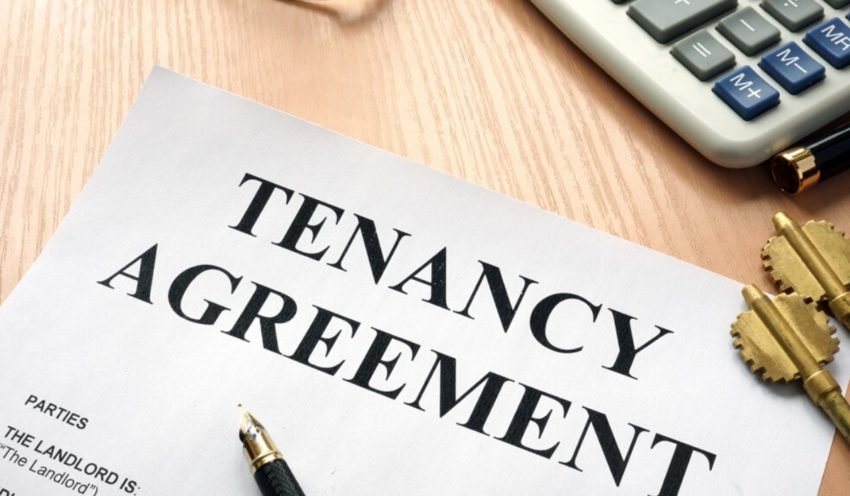Almost one in three households in the United States live in rental housing. According to the Joint Center for Housing Studies at Harvard University, this is an unprecedented rate of growth. With this in mind, it is crucial to understand the laws and regulations surrounding apartment rentals. For example, there are three different types of lease agreements that can affect the terms of your agreement: Month-to-month leases, Month-to-year leases, and Leases that state the Rent.
Rent is stated in the lease
The first thing to look for in the apartments for rent in the lease. This is stated clearly in the lease. In addition to the amount of rent, you should also make sure that you read the start and end dates. If you cannot find these, do not sign the lease. The landlord may have changed the rent amount a few times, so double-check everything. If the amount isn’t right, do not sign the lease.
The lease will also outline who is responsible for the monthly rent, late fees, and which utilities are covered by the tenant. If there are children or adult roommates in the apartment, you’ll need them to sign. The landlord cannot ask about their familial status. The lease will also state a one-time security deposit. The security deposit is typically returned to the renter when the lease ends, but it is used to repair any damage that happened during your stay.
Broker’s fees
When renting an apartment in New York, you are often required to pay a broker’s fee. While it is true that brokers are able to bring you the best deals, you can also avoid them entirely by contacting the landlord directly. You can negotiate a fee of one to ten percent, which can be quite reasonable if you want to avoid broker fees altogether. Most brokers will try to lock you into a contract, so it’s best to bargain down to one week or month of rental free, if possible. But don’t get discouraged if they don’t budge.
The cost of a broker’s fee can be as high as 8% to 15% of the annual rent. This is usually paid upfront when you sign a lease. However, there are times when landlords will pay broker fees to fill their vacant space. These situations are more likely during slow rental seasons, when the building needs to fill the space and when the unit is undesirable and the rent is ambitious. Regardless of the reason, it’s a good idea to ask about the fee before signing.

Security deposit
Whether or not security deposits are a legal way to rent an apartment depends on how you use them. They are often used to make repairs if a tenant does not leave an apartment in good condition. If a tenant moves out early, he must return the apartment to its original condition. In addition, if there is any damage, the landlord can use the security deposit for the repairs. In general, a tenant should never forfeit the deposit if they are not satisfied with the apartment.
If the landlord withholds the security deposit, he must send it to the tenant within 30 days. He can withhold a portion of the deposit for normal wear and tear. If he or she does not return the entire amount, the tenant has the right to take legal action.
Month-to-month leases
If you’re looking for flexible, affordable housing, a month-to-month lease might be the best option. These leases give tenants the flexibility to move whenever they need to, without incurring penalties. And because month-to-month leases don’t require a long-term lease, you won’t lose your security deposit if you decide to leave early. You can also end your rental agreement at any time, as long as you haven’t breached the contract.
This type of lease is becoming increasingly common because it gives tenants more flexibility. While the end date of a month-to-month lease maybe 30 days away, you still have the option to terminate the contract at any time without any repercussions. You also don’t have to sign a long-term lease, and you can even negotiate a rental increase clause. This ensures that you will be protected if the rental rate increases.
Roommate agreements
You may want to have a roommate agreement with your prospective tenants before moving in. These legal documents will cover a variety of important topics, including how much each roommate will charge for rent, how much the other roommate is allowed to charge, and when the roommate is allowed to move out. In many cases, the lease will require both parties to pay a security deposit, but you can avoid this by drafting your own roommate agreement.
A roommate agreement should include the property address and apartment number. It should also address the end of the lease and what happens if the primary tenant breaks the agreement. It should also specify payment methods for rent and utilities. It should also specify who pays for what amount, and how the landlord will be reimbursed. It should also specify how the roommate will pay for their security deposit. It should also state the process for moving out, and who will cover any bills that might arise.

